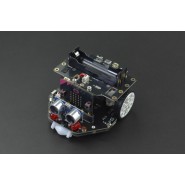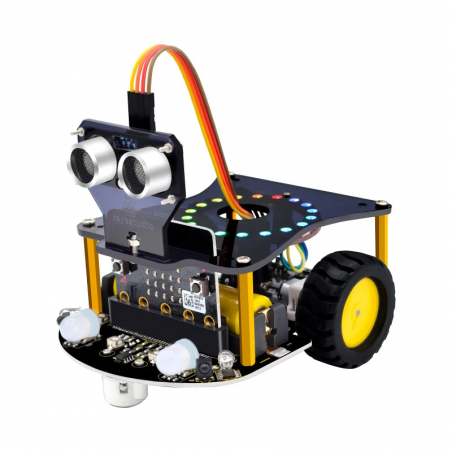
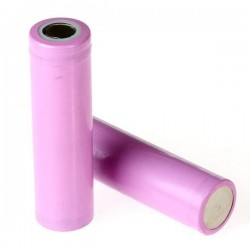









This is a STEAM Education Programming Robot for Micro:bit (compatible with Micro:bit versions V1 and V2). This mini car is prepared to be powered by an 18650 battery.
If you want to know more about this product, please check the Wiki Page.
Note: Micro:bit board (V1 or V2) and Batteries are not included.
If you have any questions on this product please feel free to contact us.
*Disclaimer: The images are merely illustrative.
Micro:bit is significantly applied to STEM education for teenagers, as a small microcontroller, which features small in size, easy to carry, and powerful function. At present, innovative technology products, like robots, wearable devices and interactive electronic games can be produced by programming and code.
In this kit, we will guide you how to control and generate a Micro:bit turtle smart car through programming in Makecode.
MakeCode is a framework for creating interactive and engaging programming experiences for those new to the world of programming. The platform provides the foundation for a tailored coding experience to create and run user programs on actual hardware or in a simulated target.
To make you deeply know the micro:bit, we provide test code and projects.
The Keyestudio micro:bit smart car integrates obstacle avoidance, line tracking and IR and Bluetooth control functions. It contains passive buzzer, ultrasonic sensor, KEYES-2812-18R module, IR obstacle avoidance sensor and so on.
The passive buzzer makes music play, a KEYES-2812-18R module can display different effects, a photoresistor can detect light intensity.
Simultaneously, this smart car is chargeable. You only connect power to the port of battery holder.
Voltage: DC 5V
Current: USB power supply or power supply with a capacity greater than or equal to 2A
Maximum power: maximum output power is 10W
Operating temperature range: 0-50 degrees Celsius
Dimensions: 120*90.7mm
Environmental attributes: ROHS
NOTE: We adopt the V1 micro:bit in the whole tutorial, but our tutorial is alaso compatible with the latest version. When doing experiment with latest micro:bit, you need to transfer code into Makecode online editor first, save code again then download it to micro:bit.









Related products

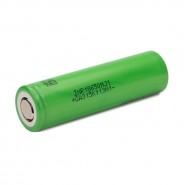
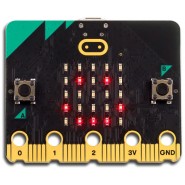

This is a STEAM Education Programming Robot for Micro:bit (compatible with Micro:bit versions V1 and V2). This mini car is prepared to be powered by an 18650 battery.
If you want to know more about this product, please check the Wiki Page.
Note: Micro:bit board (V1 or V2) and Batteries are not included.

